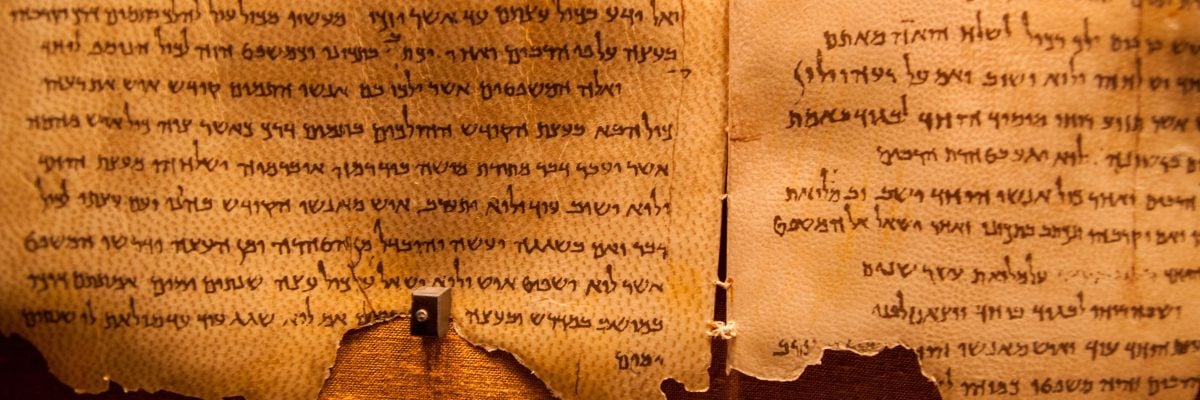
DAY 147
CHALLENGE
“If Jesus existed, why isn’t he mentioned by non-Christian sources?”
DEFENSE
Jesus was mentioned by multiple non-Christian historians within a century of his ministry.
The Roman historian Suetonius (died c. 122) appears to refer to Jesus when he records that the Emperor Claudius expelled the Jews from Rome in A.D. 49 “since the Jews constantly made disturbances at the instigation of Chrestus” (The Twelve Caesars, “Claudius” 25). “Chrestus” is just one vowel different than the Latin word for “Christ”— Christus. Many scholars think this refers to the disturbances that occurred in Jewish communities when the Christian message was first preached, as in the book of Acts.
Suetonius also records that during the reign of Nero, “Punishment was inflicted on the Christians, a class of men given to a new and mischievous superstition” (ibid., “Nero” 16).
The Roman historian Tacitus (died c. 117) goes into more detail and describes how Nero tried to deflect the blame for the Great Fire of Rome in A.D. 64 onto the Christians. He explains: “Christ, from whom the name had its origin, suffered the extreme penalty during the reign of Tiberius at the hands of one of our procurators, Pontius Pilate,” and he records that Nero’s harsh persecution moved many to have sympathy for the Christians (Annals 15:44).
Around A.D. 110, the Roman official Pliny the Younger and the Emperor Hadrian had an exchange of letters discussing Christians and how they were to be prosecuted. Pliny records that, in their worship services, Christians “sing responsively a hymn to Christ as to a god” and that true Christians cannot be compelled to “curse Christ” (Letter 96).
In his Antiquities of the Jews, written around A.D. 93, the Jewish historian Josephus mentions Jesus twice. The first passage focuses on Jesus (Antiquities 18:3:3). Unfortunately, this passage was later edited by a Christian scribe, forcing scholars to try to reconstruct what Josephus originally said about Jesus.
The second passage occurs when Josephus recounts that James the Just, the “brother” of Jesus, was put to death in A.D. 62. There is no doubt about this passage, in which Josephus refers to “the brother of Jesus, who was called Christ, whose name was James” (Antiquities 20:9:1). This indicates Jesus was more famous than James, for it mentions him first and identifies James with respect to him.



